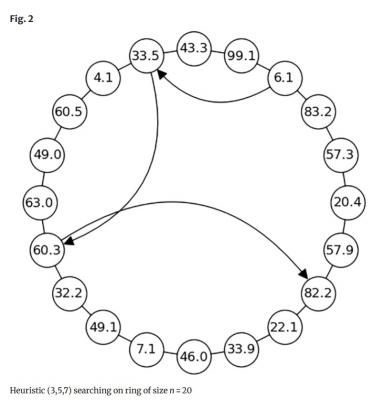This contribution (21 page PDF) consists of five short essays. In his introduction Peter Niesen frames the issue: the question is whether diversity confers an epistemic advantage - that is, does a diverse group make better decisions than a non-diverse group of experts? Kai Spiekermann looks at the mathematical arguments for and against (the theory, presented as the "diversity trumps ability" (DTA) theorem by Hong and Page in 2004, was first presented as a mathematical theory). Lisa Herzog points to the difficulties in assessing such a result: who counts as an expert? Does diversity mean participants are drawn from the general public? Etc. Charles Girard looks at how the meaning of 'epsitemically good' varies in contexts like search, deliberation, and voting. And Frieder Vogelman offers a 'negativist appraisal': "histories of actual epistemic communities illustrate the epistemic worth of diversity by showing the epistemically problematic consequences of homogeneous scientific communities." Readers will note that over the years I have also argued for the epistemic value of diversity (as a part of the 'semantic condition') and offered a mathematical proof in co-authorship with Daniel Lemire and Seb Paquet.
Today: 34 Total: 263 [] [Share]




